Biological molecules will last a lot longer than the latest computer storage technology, Catalog believes.
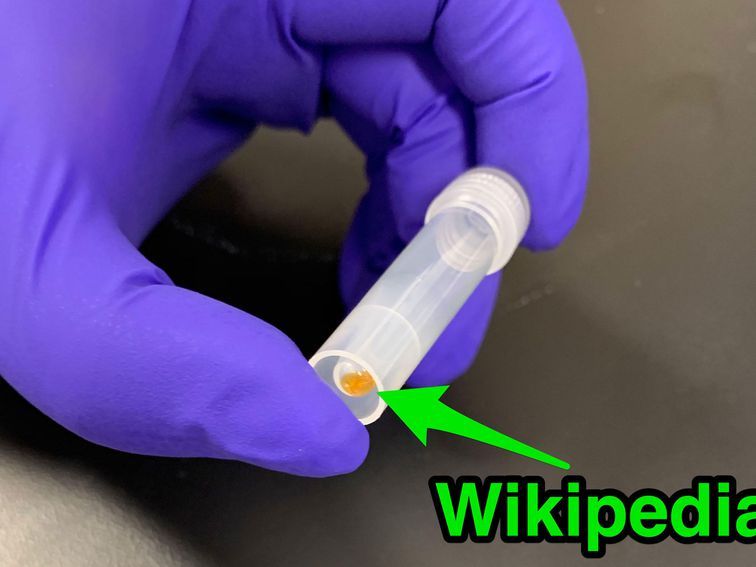


Fish are an important part of the ecosystem and the human diet. Unfortunately, overfishing has depleted many fish stocks, and the proposed solution — fish farming — is creating far more problems than it solves. Not only are fish farms polluting the aquatic environment and spreading disease to wild fish, farmed fish are also an inferior food source, in part by providing fewer healthy nutrients; and in part by containing more toxins, which readily accumulate in fat.
Farmed Salmon = Most Toxic Food in the World
Salmon is perhaps the most prominent example of how fish farming has led us astray. Food testing reveals farmed salmon is one of the most toxic foods in the world, having more in common with junk food than health food. Studies highlighting the seriousness of the problem include:


A new mouse study highlights the proteins responsible for LC3-associated endocytosis (LANDO), an autophagy process that is involved in degrading β-amyloid, the principal substance associated with Alzheimer’s disease.
Proteostasis
Proteins in the human brain can form misfolded, non-functional, and toxic clumps known as aggregates. Preventing these aggregates from forming, and removing them when they do, is a natural function of the human body, and it is known as proteostasis. However, as we age, this function degrades, and loss of proteostasis is one of the hallmarks of aging. The resulting accumulation of aggregates leads to several deadly diseases, one of which is Alzheimer’s.
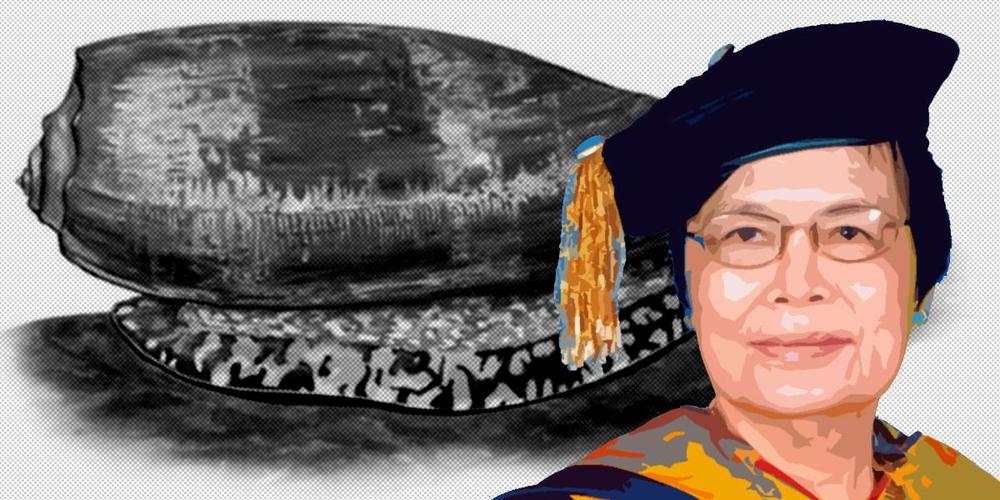
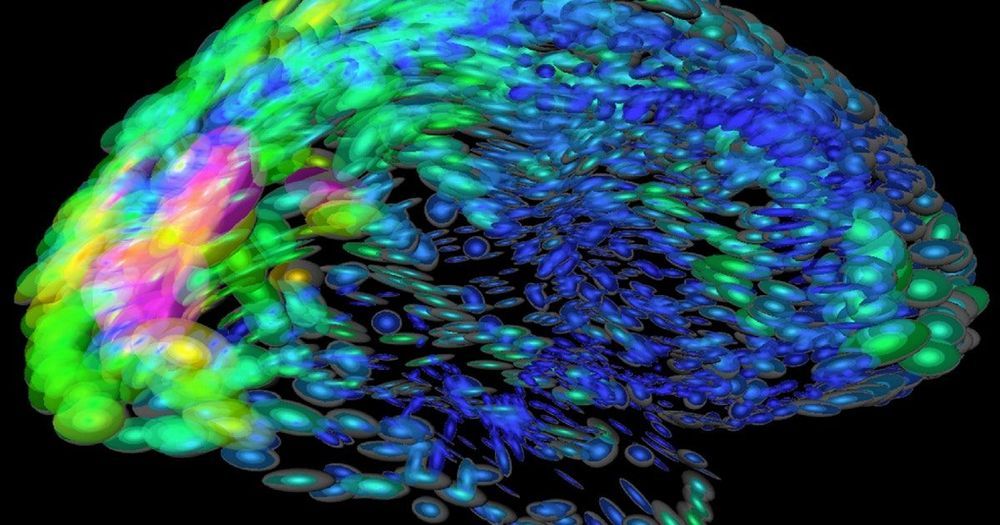

HUNTERSVILLE, N.C. (WCNC) – A North Carolina couple couldn’t bear to break the bond they had with their furry feline friend. So after 19-year-old Cinnabun passed away, the Bullerdicks decided to clone their kitty.
The cost? A whopping price of $25,000.
The couple found a Texas-based company known for cloning dogs, cats and horses. They bought a kit and with a skin sample and saliva sample… Cinnabun the second was born.
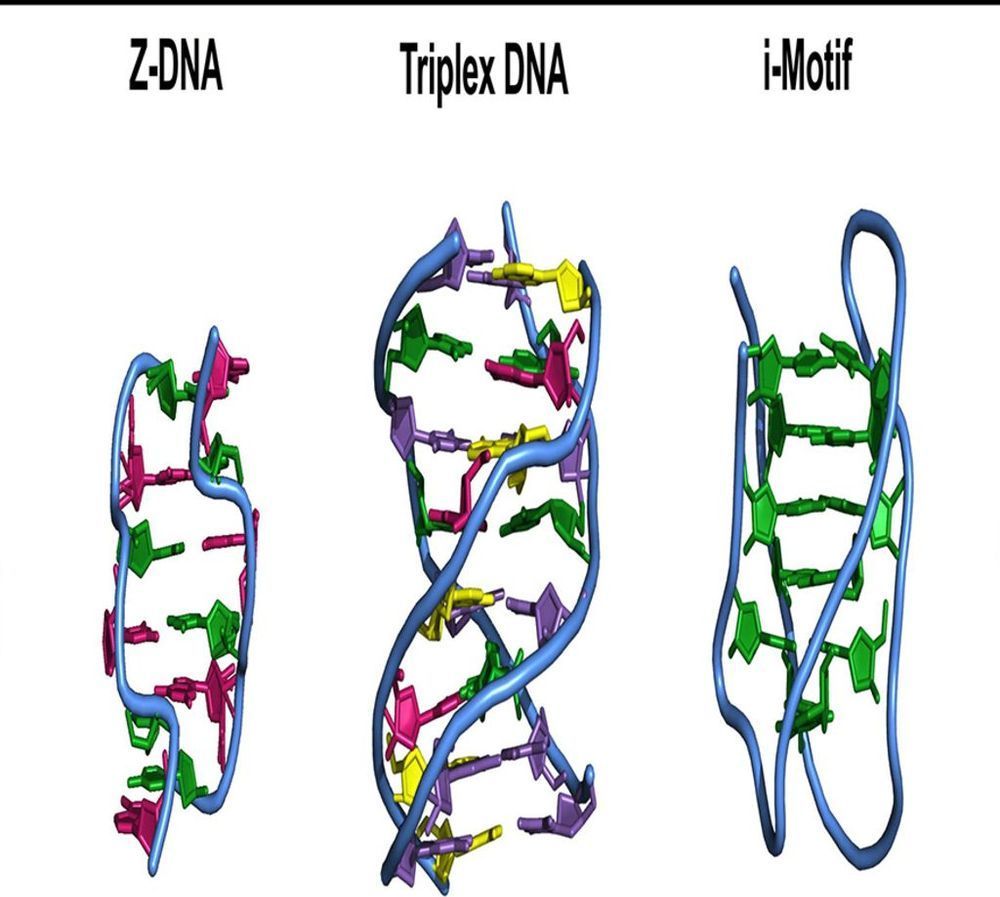

Researchers from Lund University, together with the Roche pharmaceutical company, have developed a method to create a new blood marker capable of detecting whether or not a person has Alzheimer’s disease. If the method is approved for clinical use, the researchers hope eventually to see it used as a diagnostic tool in primary healthcare. This autumn, they will start a trial in primary healthcare to test the technique.
Currently, a major support in the diagnostics of Alzheimer’s disease is the identification of abnormal accumulation of the substance beta-amyloid, which can be detected either in a spinal fluid sample or through brain imaging using a PET scanner.
“These are expensive methods that are only available in specialist healthcare. In research, we have therefore long been searching for simpler diagnostic tools,” says Sebastian Palmqvist, associate professor at the unit for clinical memory research at Lund University, physician at Skåne University Hospital and lead author of the study.
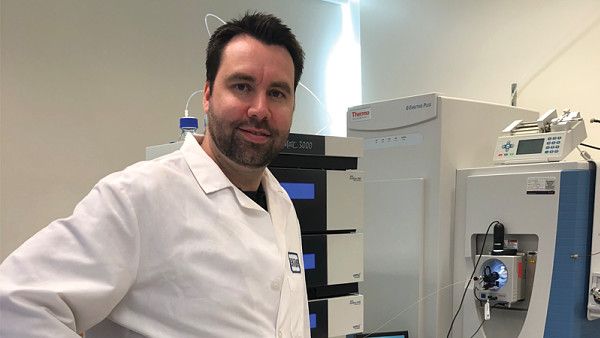
Could be used in a portable device to genetically reprogram ones body.
Environmental conditions, such as heat, acidity, and mechanical forces, can affect the behavior of cells. Some biologists have even shown that magnetic fields can influence them. Now, for the first time, an international team reports that low-strength magnetic fields may foster the reprogramming of cellular development, aiding in the transformation of adult cells into pluripotent stem cells (ACS Nano 2014, DOI: 10.1021/nn502923s). If confirmed, the phenomenon could lead to new tools for bioengineers to control cell fates and help researchers understand the potential health effects of changing magnetic fields on astronauts.
Biologists have been building up evidence that magnetic fields affect living things, says Michael Levin, director of Tufts University’s Center for Regenerative & Developmental Biology, who was not involved in the new study. For example, plants and amphibian embryos develop abnormally when shielded from Earth’s geomagnetic field. And there’s some clinical evidence that particular electromagnetic frequencies promote bone fracture healing and wound repair (Eur. Cytokine Network 2013, DOI: 10.1684/ecn.2013.0332).
“It’s been a huge unknown how a cell senses electromagnetic fields and then translates that into a change in identity or a change in gene expression,” says Christopher J. Lengner, a cell biologist at the University of Pennsylvania. He worked with a group of bioengineers led by Jongpil Kim of Dongguk University, in Seoul, South Korea, to see if these fields could influence a process they were all interested in: reprogramming a cell’s developmental state.